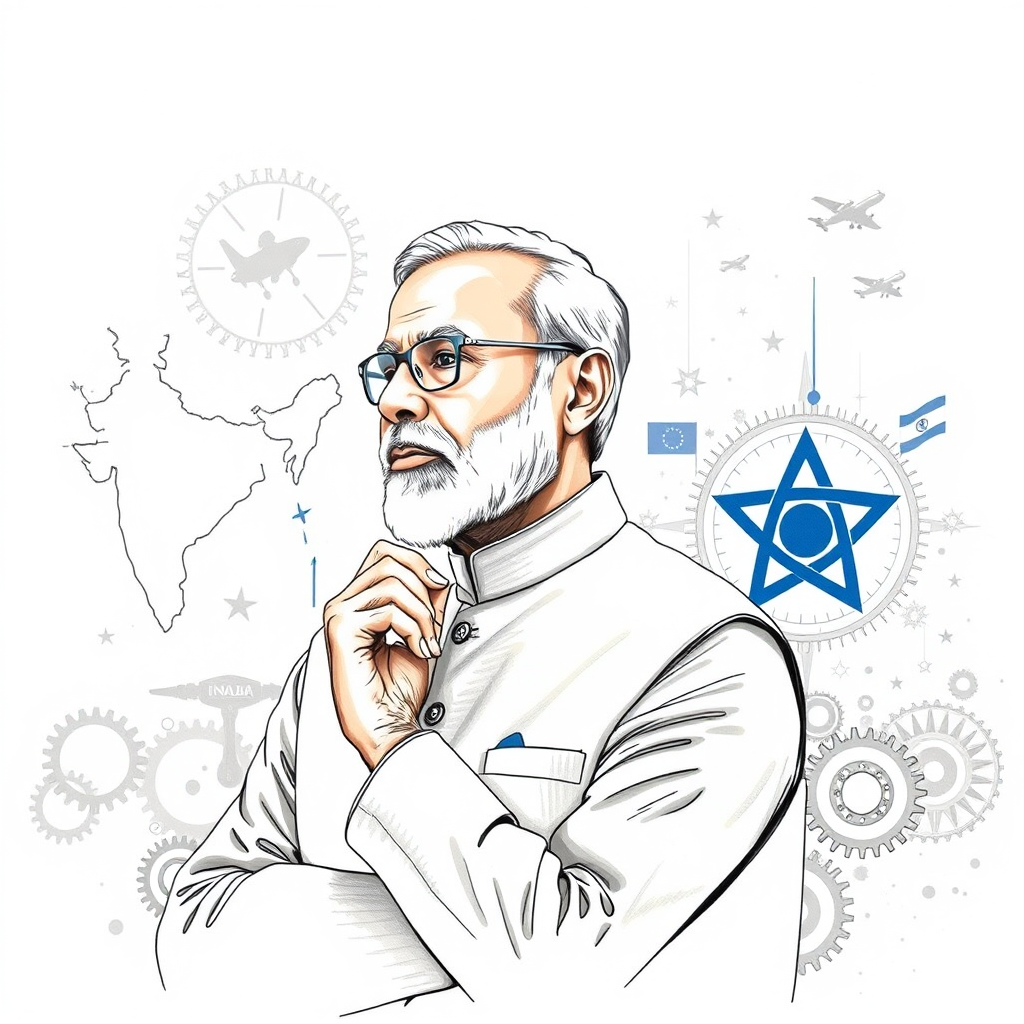Prime Minister Modi Should Learn From Israel

In the midst of Pakistan’s significant escalation following India’s targeted strikes on its terrorist infrastructure and training camps, prominent global security analyst Michael Rubin shared his insights with NDTV. Rubin advised that India could benefit from adopting strategies similar to those employed by Israel in its own ‘war against terror.’
The recent escalation highlights the ongoing tension between the two nuclear-armed neighbors, with Pakistan’s retaliatory measures adding fuel to the fire. Rubin’s recommendation to draw from Israel’s playbook is rooted in the success of Israel’s proactive and decisive approach to combating terrorism. Israel, under the leadership of figures like Golda Meir, has long been at the forefront of developing and implementing effective counter-terrorism strategies.
While Rubin’s advice is pragmatic, it is essential to consider the unique geopolitical landscape of South Asia. India and Pakistan share a complex history and a deeply entrenched conflict that spans decades. Any strategy India adopts must be tailored to address the specific challenges posed by its neighbor, including the pervasive influence of non-state actors and the delicate balance of regional power dynamics.
Moreover, India’s approach to counter-terrorism should not solely mimic Israel’s methods but should also incorporate lessons learned from its own experiences and the evolving nature of terrorism. The use of precision strikes, as demonstrated in the recent airstrikes, is a testament to India’s growing capability and resolve. However, sustained efforts in diplomacy, intelligence sharing, and international cooperation are equally crucial in addressing the root causes of terrorism.
In conclusion, while Rubin’s suggestion to learn from Israel’s counter-terrorism strategies is valuable, it should be part of a broader, multifaceted approach that takes into account the unique challenges and opportunities faced by India in its ongoing battle against terrorism.